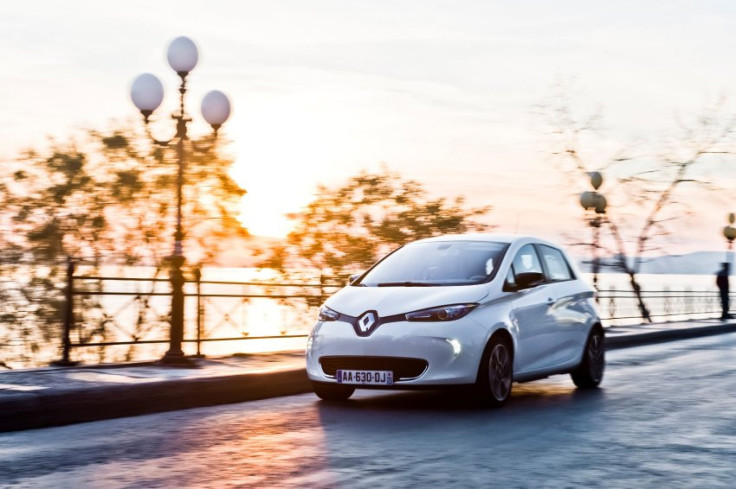Renault Zoe: Why DRM Software In Vehicles Is A Bad Idea

Digital rights management software has been used by publishers for a while to control the viewing, copying and printing of copyrighted material, but now a French automobile company is using DRM to create a new business model for one of its cars.
The new Zoe electric vehicle from Renault does not come with a battery. Instead, customers have to rent the battery and sign a contract agreeing to pay regular fees. The battery is equipped with DRM software that allows Renault to remotely shut off the battery if the customer fails to make a payment. According to Der Spiegel, the DRM also collects data on the driver’s habits and relays it back to Renault.
It’s hard to image why anyone would want a car with a rental battery and data-collecting software, but the Renault Zoe is just the latest example of DRM software in devices that might not need them. The Renault Zoe highlights why consumers shouldn’t want DRM software in their vehicles.
If Renault has the ability to remotely deactivate the battery on the Zoe, others can have that ability as well. Hackers have already found ways to control airplanes and naval ships with relatively simple technology, and there’s little stopping a hacker from cracking this software as well.
Having the ability to load DRM software onto a car also means other software can be installed as well, giving hackers the opportunity to infect vehicles with malware. Considering the present danger in driving, the consequences are much higher than losing access to one’s hard drive.
Advocacy blogs have also brought up the possibility of governments pressuring car manufacturers to block charging near controversial political events.
The Electronic Frontier Foundation notes how the Digital Millennium Copyright Act also makes it illegal for users to circumvent DRM. If a car owner attempts to adjust or repair something connected to the car’s onboard software, he or she could be found guilty of violating DMCA, even though he/she owns the car.
Of course, the U.S. government could always rule that vehicles are exempt from these laws, as it just did with smartphones. But these decisions happen only every three years, meaning a decision on “jailbreaking” a car couldn’t even be considered until 2015.
When it comes to digital copies of music and movies, customers have occasionally lost the ability to access their property because the media couldn’t be authenticated; for example, not being able to access iTunes from a new computer because a user already authenticated the maximum number of devices. Similar DRM problems with a vehicle could have disastrous consequences, especially in times of emergency.
Speaking of emergency situations, what happens when someone needs to use her car but hasn't made the battery payment for one reason or another?
It isn’t just that the Renault Zoe is a bad idea for a vehicle. It’s that the increasing presence of DRM software blurs the line of who actually has control of devices. As people continue to rely on these devices for health and safety, this can lead to dangerous consequences.
© Copyright IBTimes 2024. All rights reserved.






















